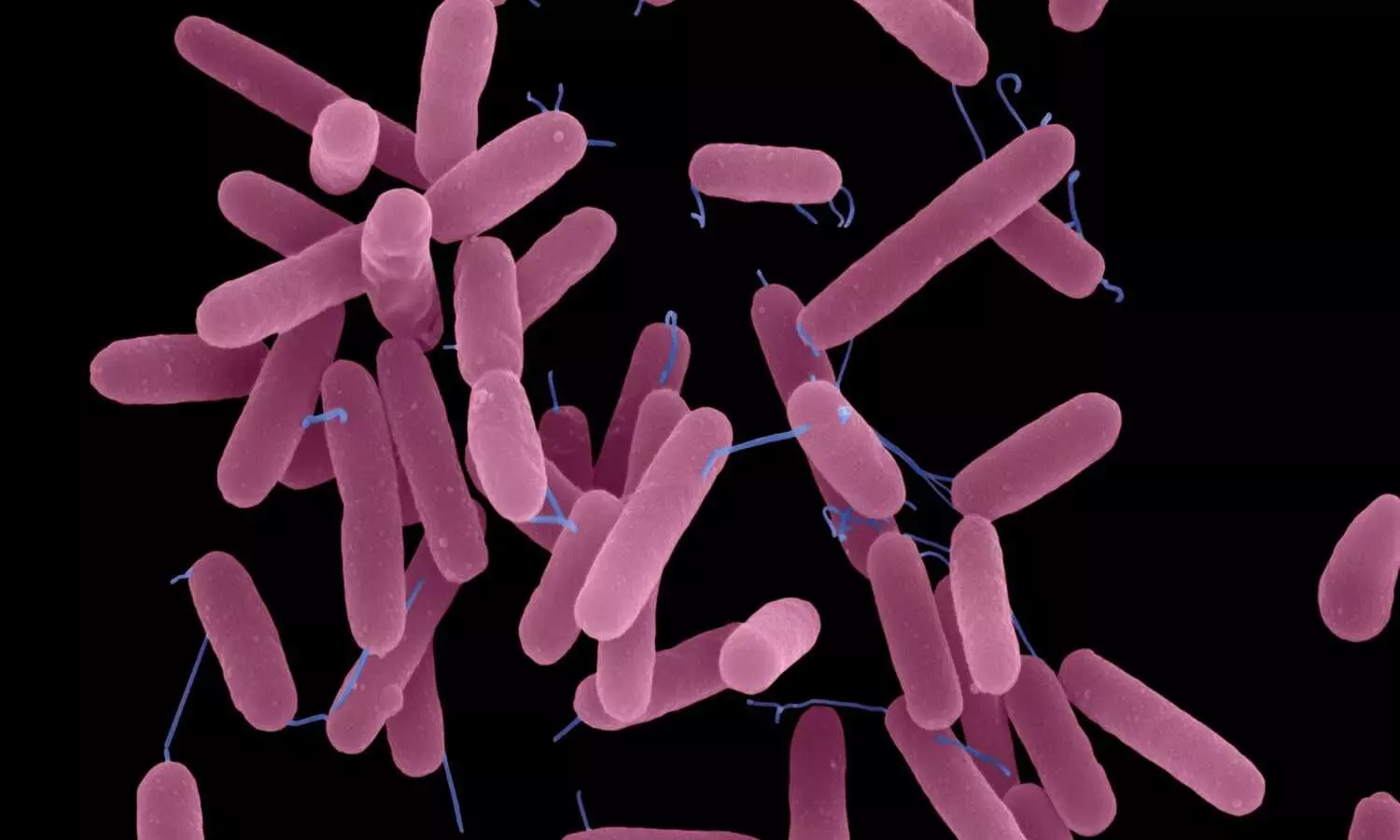IIT Roorkee Researchers Discover Natural Compound to Fight Bacterial Infections

New Delhi: A research team at IIT Roorkee has discovered a natural compound that may help weaken resistant superbugs and improve antibiotic effectiveness.
"The ability of thymol to disrupt bacterial persistence and enhance the efficacy of existing antibiotics presents a promising avenue in addressing antimicrobial resistance,” said Prof. Ranjana Pathania, the lead researcher.
“By targeting persister cells, we may be able to improve treatment outcomes for chronic and recurrent infections," she added.
The team found that thymol works through multiple mechanisms to weaken persister cells. It disrupts bacterial energy production, making survival more difficult. Additionally, it damages the protective outer membrane, increasing the bacteria’s vulnerability.
Thymol also generates reactive oxygen species (ROS), which stress and weaken the bacteria and inhibit bacterial efflux pumps, potentially enhancing the effectiveness of meropenem.
While these findings provide valuable insights, additional research and clinical validation are required to assess thymol’s potential in real-world therapeutic applications.
"Antimicrobial resistance is a critical global challenge. This study demonstrates how innovative approaches, including natural compounds, could contribute to overcoming persistent infections. It reflects our institute’s commitment to research that addresses pressing healthcare challenges," said Prof. K.K. Pant, Director, IIT Roorkee.
The next phase of research will focus on refining the thymol-meropenem combination and evaluating its potential through further studies.
If validated through clinical trials, this approach could contribute to new strategies for combating antibiotic persistence, offering an additional tool in the fight against antimicrobial resistance, said the team.


